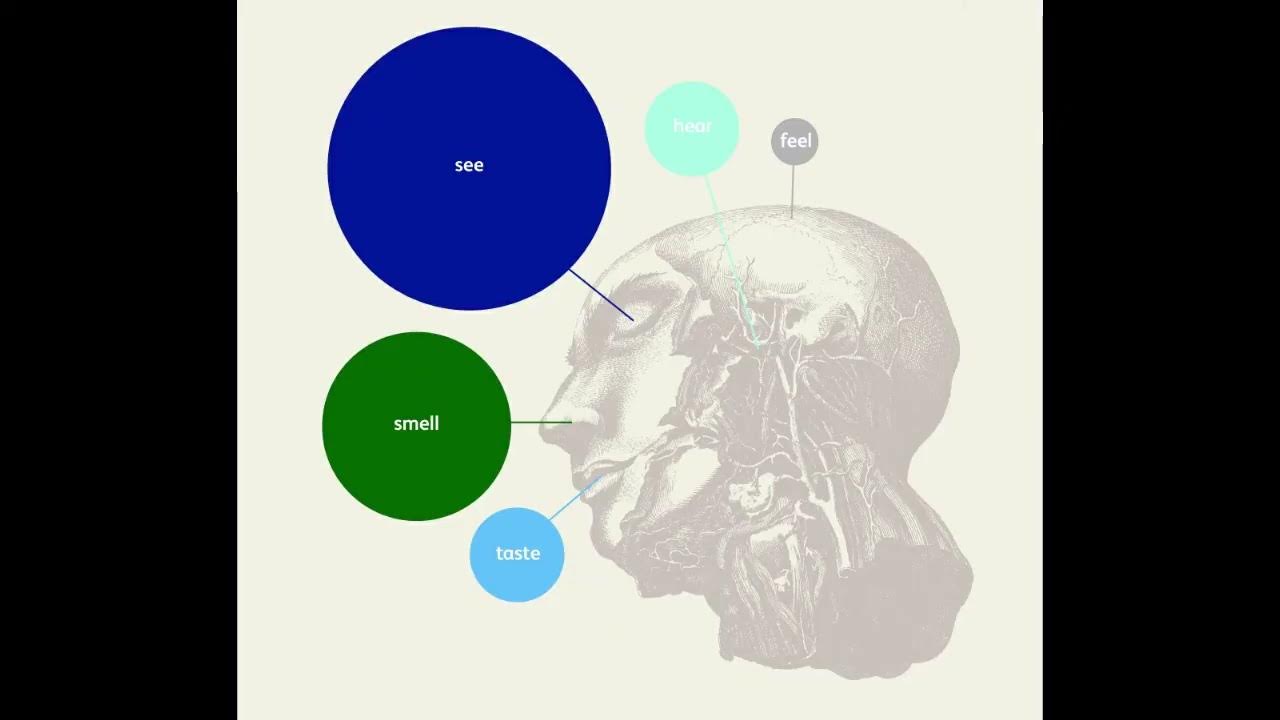Kant and Causality: An Introduction to the Transcendental Deduction
Summary
TLDRThis video explores Immanuel Kant's response to David Hume's skepticism about causality. Kant, in his seminal work 'Critique of Pure Reason,' argues that our understanding of objective causality and the laws of physics is rooted in the necessary conditions of human experience. He introduces the concepts of the 'understanding' and 'sensibility' to explain how our minds structure ideas and receive sensory input. Kant's theory suggests that our cognitive faculties subconsciously organize our experiences according to certain 'categories,' which include causality, thereby shaping our perception of reality.
Takeaways
- 🎓 Immanuel Kant is considered one of the most important modern philosophers, known for his influential work 'Critique of Pure Reason'.
- 🔍 Kant sought to address Hume's skepticism regarding causality by exploring the necessary conditions of human experience.
- 🤔 Kant's approach involved a detailed examination of the faculties of the human mind, distinguishing between the understanding and sensibility.
- 🧠 The understanding, according to Kant, is the faculty for spontaneously producing representations like concepts and ideas.
- 👀 Sensibility is the faculty responsible for receiving sensory input, providing the content for the understanding to process.
- 🔑 Kant identified the 'categories' as the subconscious tools used by the understanding to unify consciousness and structure our experiences.
- 🔄 He argued that our conscious understanding applies these categories after they have already been used subconsciously to organize our sensory input.
- 🌐 Kant proposed that our experience of the world is necessarily structured by these categories, implying an objective causality in our perception.
- 🚫 The laws of physics, according to Kant, are not inherent to the world itself but are prescribed by our understanding, which structures our experience of reality.
- 🤨 Kant's philosophy suggests that we cannot know the world as it is 'in itself,' independent of our cognitive faculties, only as it appears to us through the lens of the categories.
Q & A
Who is Immanuel Kant and why is he significant in the context of Hume's argument on causality?
-Immanuel Kant is widely regarded as the most important modern philosopher. He is significant because his ideas opened up new avenues of philosophical inquiry that are still being explored today. His most influential work, 'Critique of Pure Reason,' addresses Hume's argument on causality by attempting to overcome the problem Hume posed.
What are the two important questions Kant sought to answer in relation to Hume's argument?
-Kant sought to answer how we know that events are objectively caused by others and how we know that the laws of physics cannot be violated.
How did Kant approach his investigation of causality?
-Kant approached his investigation using tools similar to Hume's. He agreed with Hume's premises but aimed to show that from the same starting point, one could arrive at different conclusions by developing these concepts with more precision.
What are the two faculties of human cognition according to Kant?
-According to Kant, the two faculties of human cognition are the understanding, which is responsible for spontaneously producing representations like concepts and ideas, and sensibility, which is responsible for receiving what is given.
What is the role of the understanding in Kant's philosophy?
-In Kant's philosophy, the understanding is responsible for structuring and relating ideas and concepts according to specific templates, ensuring that thoughts are intelligible to us.
How does sensibility contribute to human cognition in Kant's view?
-Sensibility provides the content to the functions of the understanding, allowing it to produce fully-fledged thoughts. It is the faculty that receives input from the outside world.
What is the significance of consciousness being a unified stream in Kant's theory?
-For Kant, the fact that consciousness is a unified stream implies that all givens must already be combined before our conscious understanding connects with them. This suggests that the understanding is responsible for subconsciously unifying consciousness.
What is the role of the subconscious machinery of the mind in Kant's theory?
-In Kant's theory, the subconscious machinery of the mind combines all the givens from sensibility into one unified consciousness before our conscious understanding goes to work on this unified whole.
What are the categories in Kant's philosophy and how do they relate to our experience?
-The categories in Kant's philosophy are the subconscious tools used by the understanding to unify consciousness. Everything we experience must conform to these categories, which are the conditions of experience.
How does Kant's theory address Hume's problem of causality?
-Kant's theory addresses Hume's problem by suggesting that our understanding is responsible for placing the givens within a causal nexus. This implies that events are objectively caused by others because our understanding organizes experience according to the categories.
What does Kant suggest about the nature of the world outside of our minds?
-Kant suggests that we cannot cognize anything that isn't part of the framework offered by the categories. Therefore, we cannot have knowledge about the world as it is in itself, independent of our cognitive faculties.
Outlines

This section is available to paid users only. Please upgrade to access this part.
Upgrade NowMindmap

This section is available to paid users only. Please upgrade to access this part.
Upgrade NowKeywords

This section is available to paid users only. Please upgrade to access this part.
Upgrade NowHighlights

This section is available to paid users only. Please upgrade to access this part.
Upgrade NowTranscripts

This section is available to paid users only. Please upgrade to access this part.
Upgrade NowBrowse More Related Video

Kant: The Basics of His Epistemology

Philo Perspectives about the Self (not for sharing)

Hume's Causality: Bones, Bells and Balls

history of philosophy, i guess (history of all ideas)

The Big Problem with Religious Arguments

An Enquiry Concerning Human Understanding - Calderon, Tañola & Valenzuela - UPDEPPO Philosophy1
5.0 / 5 (0 votes)